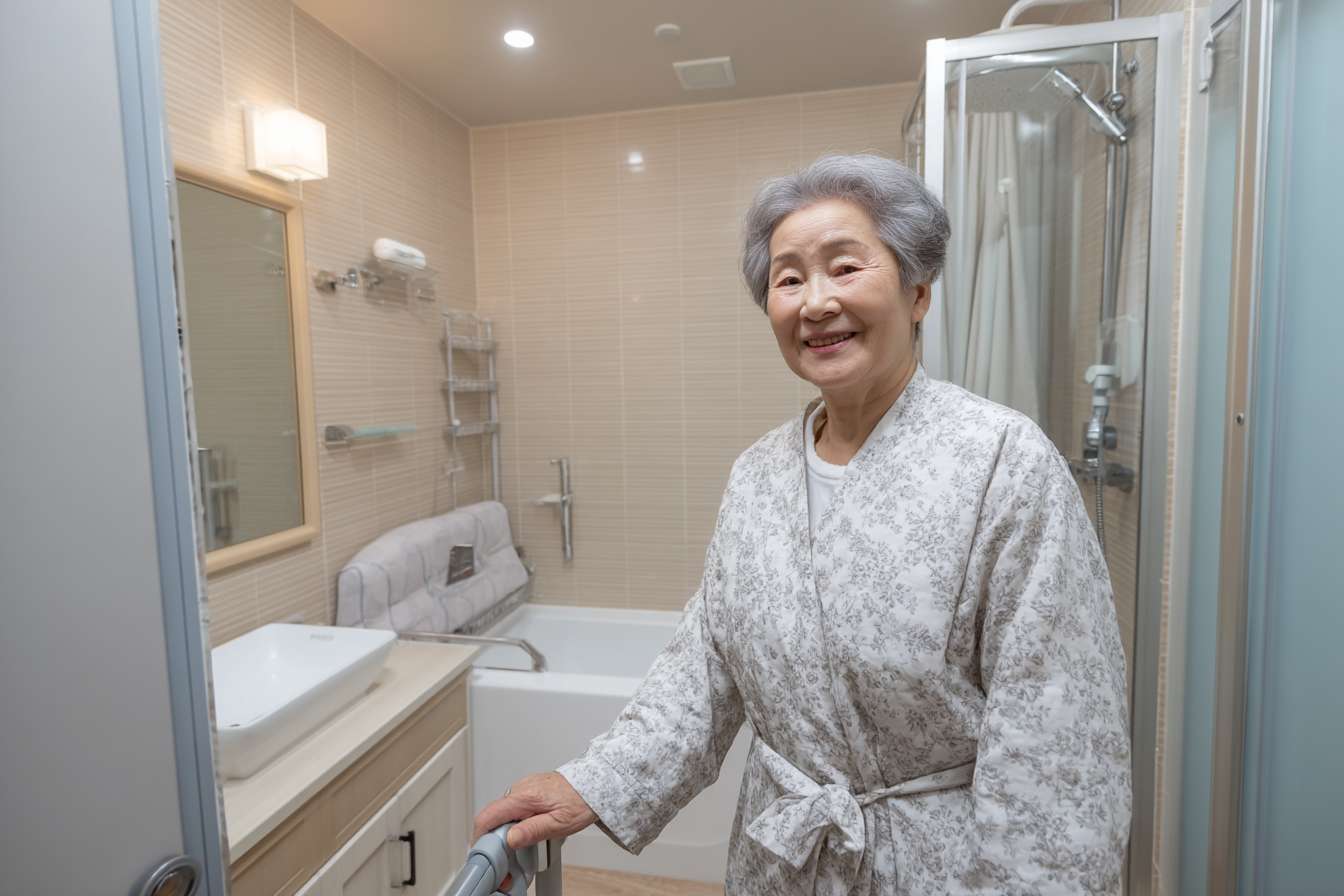Understanding Military Nurse Jobs
Military nursing offers healthcare professionals unique opportunities to serve their country while advancing their medical careers. This specialized field combines traditional nursing skills with military protocols, providing healthcare to service members, veterans, and their families across various settings including hospitals, field units, and deployment locations worldwide.

Military nursing represents a distinctive career path that merges healthcare expertise with military service, offering registered nurses the chance to provide medical care while serving their nation. These positions exist across all branches of the armed forces, including the Army, Navy, Air Force, and Space Force, each providing unique environments and specializations for nursing professionals.
How To Become A Military Nurse
Becoming a military nurse requires meeting specific educational and military requirements. Candidates must first obtain a Bachelor of Science in Nursing (BSN) from an accredited program and pass the National Council Licensure Examination for Registered Nurses (NCLEX-RN). Military branches typically require candidates to be U.S. citizens between ages 18-47, depending on the service branch. Physical fitness standards must be met, along with background checks and security clearances. Some branches offer direct commission programs for experienced civilian nurses, while others provide nursing school scholarships through programs like the Health Professions Scholarship Program (HPSP).
Benefits of Work as Military Nurse
Military nursing careers offer comprehensive benefit packages that extend beyond traditional civilian positions. Healthcare coverage includes medical, dental, and vision insurance for service members and their families. Educational benefits encompass tuition assistance, loan repayment programs, and opportunities for advanced degrees. Military nurses receive 30 days of paid vacation annually, plus federal holidays. Housing allowances or on-base housing options help offset living costs, while commissary and exchange privileges provide discounted goods and services. Retirement benefits include pension plans after 20 years of service, along with continued healthcare coverage.
Military Nursing Career Opportunities
Military nursing encompasses diverse specializations and career advancement paths. Clinical specialties include emergency medicine, critical care, surgical nursing, pediatrics, mental health, and flight nursing. Administrative roles involve nursing supervision, healthcare management, and policy development. Advanced practice opportunities exist for nurse practitioners, nurse anesthetists, and clinical nurse specialists. Geographic diversity allows nurses to work at medical facilities worldwide, from stateside hospitals to overseas bases and deployment locations. Leadership development programs prepare nurses for command positions and executive healthcare roles within the military structure.
Resources for Military Nurses
Numerous resources support military nurses throughout their careers. Each service branch maintains nursing corps associations that provide professional development, networking opportunities, and continuing education. The TriService Nursing Research Program funds evidence-based practice initiatives and clinical studies. Military Treatment Facilities offer simulation centers and training programs for skill development. Professional organizations like the Association of Military Surgeons of the United States (AMSUS) facilitate knowledge sharing and career advancement. Online platforms provide access to military-specific nursing journals, certification programs, and specialty training modules.
Military nursing demands adaptability, as assignments change every few years, exposing nurses to different patient populations, medical systems, and geographic locations. Deployment opportunities allow nurses to provide care in challenging environments while developing resilience and advanced clinical skills. The structured military environment emphasizes teamwork, leadership development, and adherence to protocols that ensure consistent, high-quality patient care across all military medical facilities.
The transition from civilian to military nursing involves comprehensive orientation programs that cover military customs, protocols, and healthcare delivery systems. New military nurses learn to navigate the unique aspects of caring for service members, including combat-related injuries, deployment health issues, and the psychological challenges faced by military families. This specialized knowledge becomes invaluable throughout their military nursing careers.
Military nurses play crucial roles during humanitarian missions, natural disasters, and peacekeeping operations worldwide. These experiences provide exposure to diverse medical conditions, cultural competency development, and the satisfaction of serving communities in need. Such assignments often become defining moments in military nursing careers, reinforcing the commitment to service and healthcare excellence that characterizes this profession.




